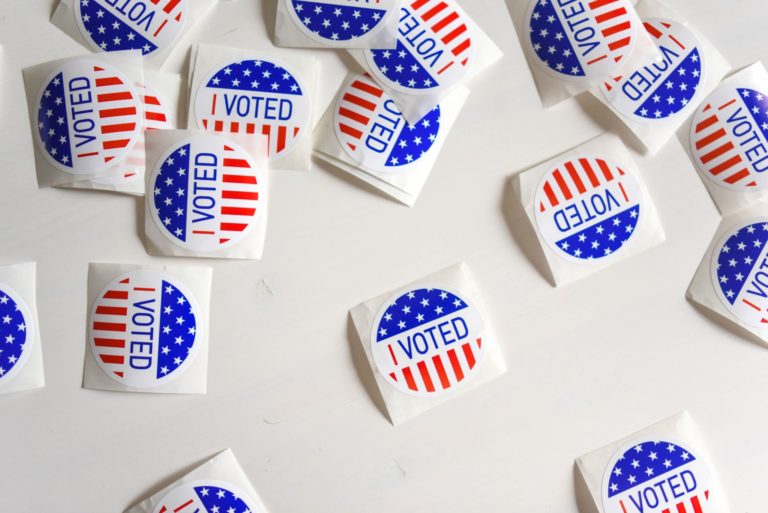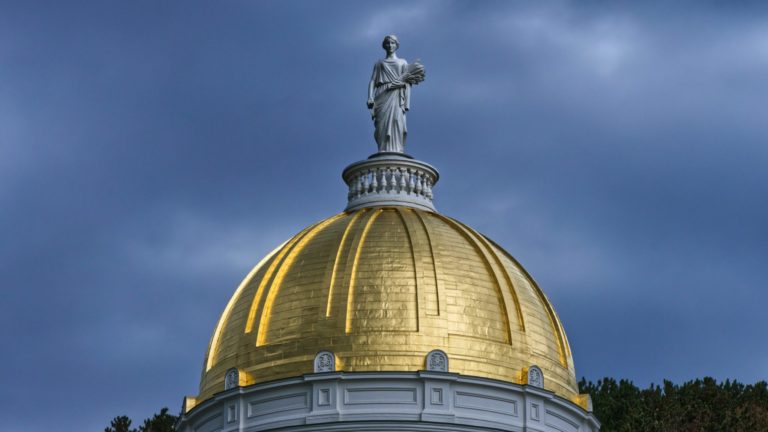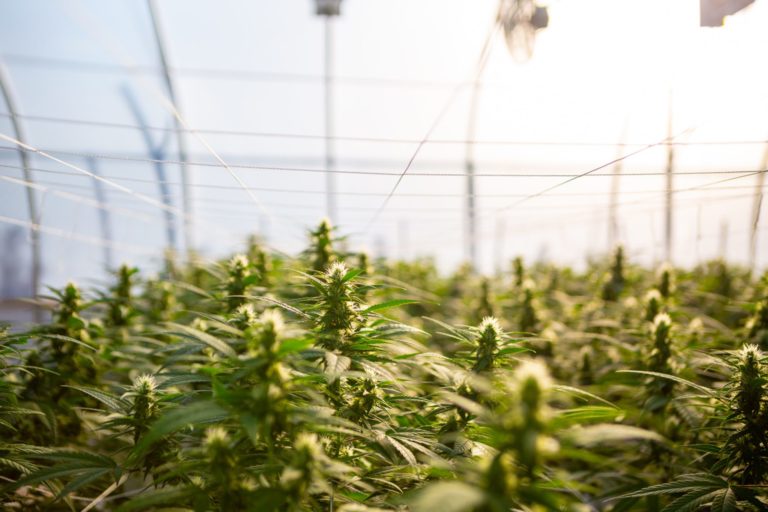What’s the Frequency Kenneth?
Cannabis is among the oldest plants cultivated by man; the plant and all of its compounds and parts has been around for basically ever. Then, in 1946 CBD was “discovered” as an element of Cannabis that did not alter mental states. It was even manufactured for consumption briefly in Britain before falling off the map again. The substance has been here a while. Cut to 2016-2019, and we’ve entered the time when consumer interest in CBD saw an epic surge.
So, what has made CBD such a bombshell? Was it the rise of stoner culture? The availability of the compound in every form imaginable? Until someone publishes a definite cultural history of CBD, we are left to do good research, reflect on our own industry experiences, and speculate.
All Hail Gupta
While farmers, herbalists, and holistic healers (and casual pot smokers) have understood the potential of CBD and other cannabinoids for quite some time, the public perception has long been dampened by the wet blankets of the war on drugs and unfortunate media portrayals, but way back in 2013 an adorable neurosurgeon by the name of Dr. Sanjay Gupta changed all of that. In August of 2013, CNN published Gupta’s extensive findings of his interactions with a young girl named Charlotte and her experiences with both THC and CBD. Since birth Charlotte had suffered from painful seizures, sometimes experiencing up to 300 per day. She was admitted into the Colorado Medical Marijuana program and her health began to balance out. This comprehensive article, gained national attention, led to an eventual small docu-series on the subject, and pushed into public light the benefits of CBD and other canabinoids.
In 2018, a writer for the New York Times posited that CBD is everywhere these days because it “represents a cure for the 21st century itself. The ice caps are melting, the Dow teeters, and a divided country seems headed for divorce court. Is it any wonder, then, that everyone seems to be reaching for the tincture?”
CBD – the Miracle Cure All?
While our age of anxiety certainly has something to do with CBD’s popularity, there are a few more factors at play. In a recent post, we explained why CBD sellers are still prohibited from marketing the substance with health claims. And yet, we all know that many shoppers are excited about the product exactly because of health claims. Also in 2018, Harvard Health Publishing blogged about this very quandary. At the time, CBD had been approved by the FDA only to treat epilepsy in the drug Epidiolex. However, the blog’s author conceded the following: “We need more research but CBD may be proven to be an option for managing anxiety, insomnia, and chronic pain.”
While CBD as a treatment for those issues has not been “proven” per se, word of such studies and possibilities has made its way far inside mainstream culture. As of today there are 619 studies underway and registered with U.S. National Library of Medicine that are looking into CBD as a treatment option. Last year, Medical News Today confirmed that people google-search “CBD” more than any other alternative treatment option. Sounds like a potentially good time to be selling CBD online, right? Read our blog on that topic here.
It’s Everywhere!
We surmise that as CBD became available in a host of forms to fit literally every taste, news of CBD’s healing potentials hit the nervous public, and voilà — we have a booming market for the tincture. Today, there is no risk of interest in the substance faltering. As more and more people experiment with CBD, the less taboo it becomes. Just look around the next time you’re in a dispensary: the majority of the buyers are likely 50+. And, as more and more studies and clinical trials reach completion, CBD makers and marketers will be able to offer products as treatment options for more specific maladies.
The one thing to watch out for in all this hub-bub is what we could call the hype bubble. We love how Wisconsin public radio covered this issue in their article titled “Popularity Of CBD Oil Vexes Regulators And Researchers: Untested Products On Market Strain FDA And Dampen Research.” Some folks fear that all the unfounded claims and all the excitement around CBD’s medical potential will leave people crestfallen in comparison to what the substance can actually reliably deliver. Until then, we recommend the following:
For sellers: keep claims off your packaging and keep your insinuations humble.
For consumers: do your own research on the substance and find a seller or producer you trust who will talk to you straight about all of the pros, cons, and potentials in CBD. Even better, find a producer who will share with you how they personally use CBD and what effects it has on them.
Looking to talk to someone about your CBD company? Fill out the form below – we’d love to help!








